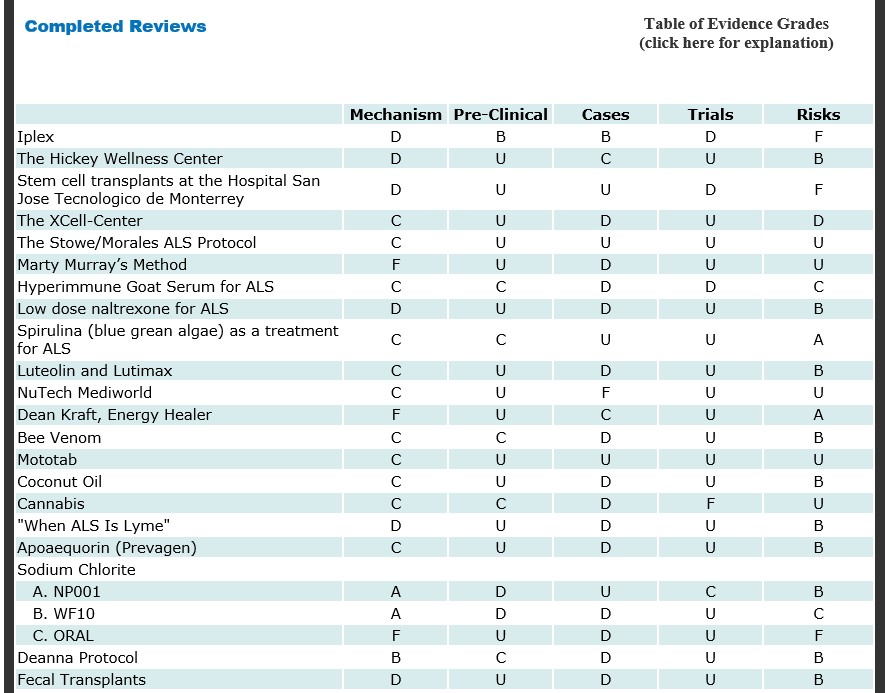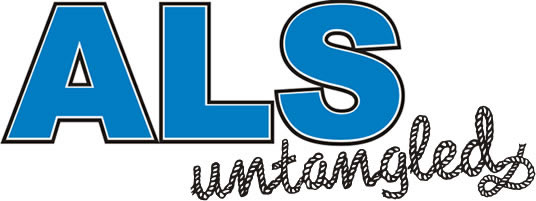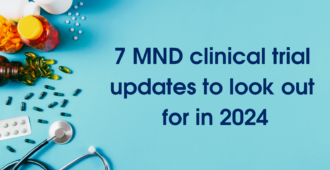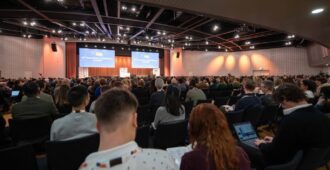There are literally thousands of websites on the internet that make claims about amazing alternative or off-label treatments (AOTs) and even cures for MND but with little or no scientific evidence to back these claims up. This presents a real problem for people living with the disease who may want to try them. Are they safe? Will they help? Or are they going to cause more problems than they solve?
In 2009 Dr Richard Bedlack, Professor of Neurology at Duke University in the USA, founded ALSUntangled to develop a system of review for some of these treatments using the available evidence, to make it easier for people with MND and their families to make more informed decisions about them.
How does ALSUntangled work?
To date, 51 alternative and off-label treatments have been comprehensively reviewed and reported on the ALSUntangled website.
The AOT is graded using the Table of Evidence (ToE) across five categories:
- Mechanistic plausability – what is this treatment supposed to do and how likely would that be to affect MND?
- Pre-clinical models – was this treatment ever tested in cells in the lab or in an animal model of MND and, if so, what happened?
- Case reports – what are people with MND saying?
- Trials – have there ever been any?
- Risks – what might happen if you try this treatment?
Each of these categories is then assigned a grade A-F depending on the evidence available, with ‘A’ being given where the evidence in each category is well-supported by peer-review and no patients appear to have been exposed to harm. A grade of U is given if there is no data available at all. These grades are summarised on the completed review list to make it easier for anyone who might not want to read the whole article (Figure 1).

Figure 1: A snapshot of the ‘Completed Reviews’ list from the ALSUntangled website showing the grading system.
A draft report is then sent to more than 120 reviewers from the MND research community across 11 countries, including our own Dr Nick Cole, Head of Research at the MND Association, for review. The final article is then sent to the esteemed journal ‘ALS & Frontotemporal Degeneration’ for publication through free open access – meaning that it is available to everyone free-of-charge, unlike other journals that may charge for access to their articles.
At the time this blog article was published, five alternative or off-label therapies had been reviewed in 2019: RT001, Perampanel (Fycompa), Resveratrol, Antifungal Therapy and RCH4.
There are currently over 300 ‘open reviews’ – treatments that have been asked about but not yet reviewed – listed on the website. ALSUntangled uses a combination of votes (anyone can vote for the AOT they want reviewed by clicking on the vote button next to it), and a ‘multiplier’ system based on the amount of information about a treatment that is available – the more information, the higher the multiplier – and this helps to move the treatment up the open review list.
Podcasts
There are currently 20 podcasts available including perampanel, RT001 and resveratrol as well as acupuncture, cannabis, the Deanna Protocol and coconut oil, to name a few. These have been made in a question and answer format with the discussion taking place between Dr Bedlack and a guest presenter, making them easy to listen to and understand.
Into the future
The ALSUntangled website is being updated to improve its look, making it more user friendly with an enhanced search function and smartphone capability. Older reviews are being updated as new research is now available.
To help people decide about a therapy that is yet to be reviewed (as there are more requests for reviews than can be reasonably handled), Dr Bedlack has created a series of ‘red flags’ – 12 things to be wary of, or think about, for products or trials that are advertised on the internet:
- Large out-of-pocket cost for participation.
- Advertised for multiple conditions with different causes.
- Lack of documented safety and scientific oversight by an established government or institutional agency.
- Lack of or limited informed consent process.
- Vague description of the intervention.
- Lack of a solid mechanism by which the intervention might help.
- Absence of regularly measured outcomes.
- Use of unvalidated outcomes.
- Vague or no plan to present outcomes in a peer reviewed format.
- The only evidence of benefit presented is unvalidated anecdotes.
- Investigators/leaders have no record of peer reviewed presentations or publications in the field.
- Investigators/leaders portray themselves as ‘victims’, postulate conspiracies against them.
The MND Association produces an information sheet about unproven treatments in MND which includes a list of questions you may want to ask when talking to someone about an unproven or alternative treatment.
Dr Bedlack talks about ALSUntangled in his webinar ‘Postcards from the Edge: Updates of Six Unusual ALS Projects‘. In this, he also discusses the ALS Clinical Research Learning Institute (ALS CRLI).
The ALS CRLI came about after his realisation that only a small percentage of people in his clinic were taking part in clinical trials and, after surveying clinicians, patients in his clinic and online, he found that some of the things patients didn’t like were: the strict inclusion/exclusion criteria incorporated into most trials; the fact that some participants would be given a placebo; the burdens associated with clinical trials (in terms of clinic visits); and the long wait for published results.
As a result of this, he found that there were a lot of patients experimenting with alternative and off-label treatments and were frustrated that doctors were not interested in these types of therapies. So he looked at ways in which to improve this, and basing it on a model used by the Parkinson’s Disease Foundation, formed the ALS CRLI. This trains people with MND and their families to better understand the research process and find ways to get them involved in all aspects of MND research. There are now 350 research ambassadors, who are creating more opportunities for research by interacting with policy makers, improving awareness and clearing up misconceptions through talks and social media and by working with companies and researchers to improve clinical trial design. This is something we are hoping to emulate here in the UK with the creation of the MND Community Research Advisory Group. This exciting development is still in the planning stages so watch this space!
The MND Association is proud to co-sponsor ALSUntangled with the ALS Association.
With thanks to Dr Richard Bedlack for his input and support of this blog article.







Thanks well said